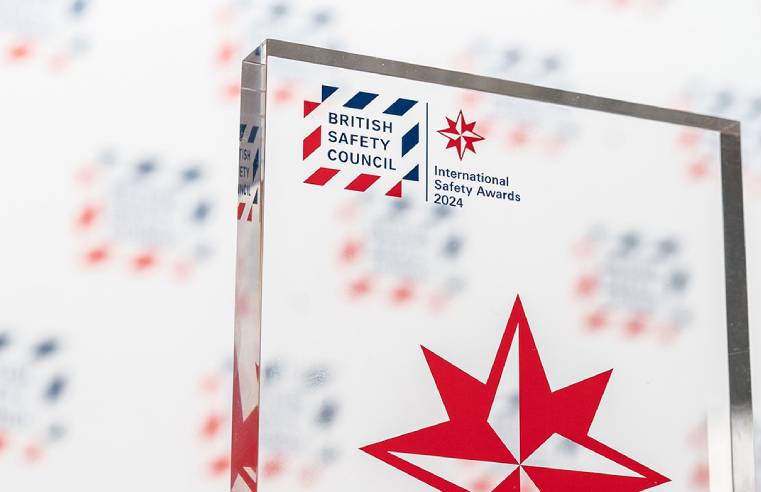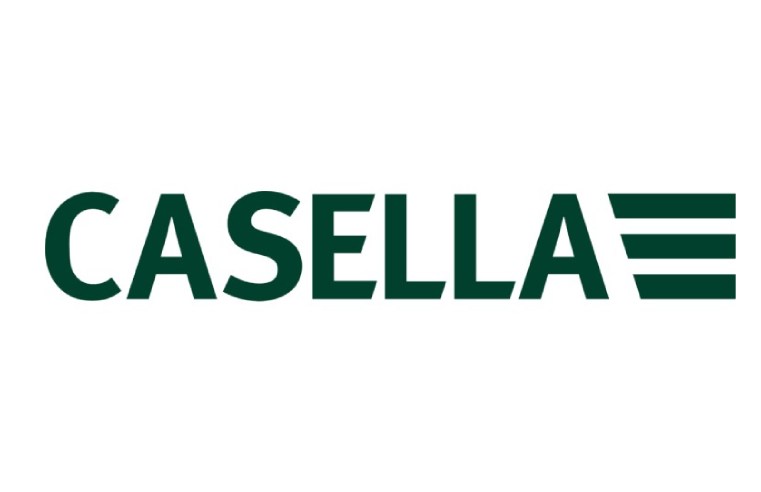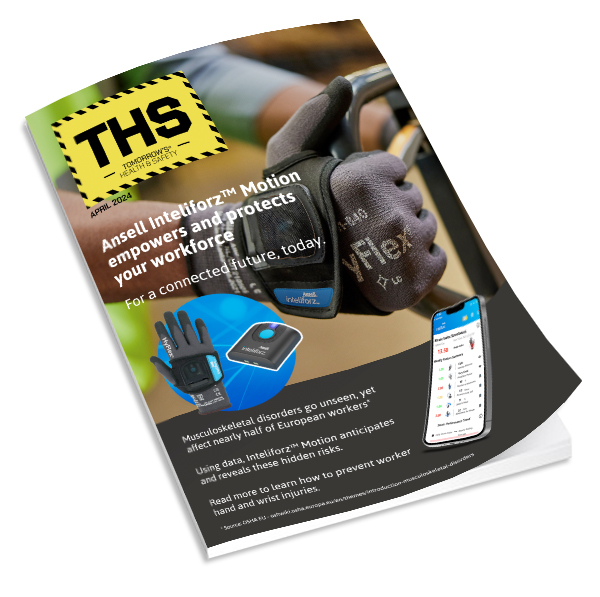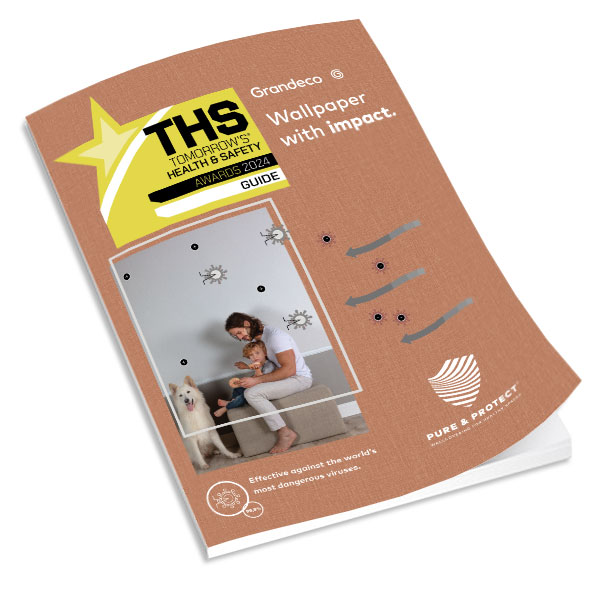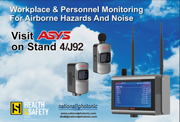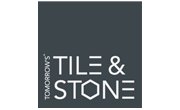With colder weather upon us and the seemingly constant stream of extreme weather experienced across the globe over recent months, businesses should be preparing their properties for the winter months.
David Gajda, national operations director of ECO Integrated Property Solutions (ECO IPS) offers maintenance advice on keeping safe, compliant and open for business throughout winter with tips for heating, ventilation and cooling systems, roofs, drainage systems and external areas.
By creating a robust winter maintenance plan office managers can ensure they meets their duty of care, achieve compliance, manage risk, meet insurer’s expectations and allow business continuity.
By ignoring the relevant health and safety legislation, you are at greater risk of legal action. An ad hoc service approach is no longer adequate and increases the risk of lost revenue, damaged reputation, accident liability claims or shut-downs.
• The Health and Safety at Work Act 1974 talks about the duty of care but many managers do not realise this extends beyond staff to anyone visiting, or passing by the facility, including suppliers on company business and members of the public.
• Ideally, winter maintenance should be an all-year-round job. Late spring and early summer is the best time to review the winter maintenance plan
• Issues with heating systems are likely to occur during the transition from autumn to winter when there is a surge from standby to maximum capacity which can result in breakdowns and service outages. Regular maintenance of HVAC systems should be carried out by qualified engineers to avoid catastrophic failures and down-time. It is a legal obligation for businesses to ensure that any heating appliance and installation pipework is maintained in a safe condition and boilers should also be inspected at least once a year.
• A thorough check of all roofing should be made for a build-up of water, ice, or snow that could compromise the roof’s structural integrity. Gutters and downspouts should divert roof drainage away from the building’s foundation as when these are clogged or incorrectly positioned, they have little or no effect. If gutters and downspouts are not well-maintained, blockages will occur.
• Ensure access routes and car parks are safe from the risks of ice and snow for staff, visitors and contractors working on site. Implement a gritting and snow service for entrances, walkways and car park areas.
• Trees and branches should be trimmed back to avoid any impact on roof integrity as dead trees and branches can become falling hazards during winter. Fallen leaves that become wet or have started to decay can create slip risks, hiding any hazard that may be on a path or by creating a slip risk themselves.
www.eco-ips.co.uk
You are here
- Home
- >
- Health & Safety News
- >
- DON’T SLIP UP ON SAFETY THIS WINTER
DON’T SLIP UP ON SAFETY THIS WINTER

Published on 04/12/2017
Related News
Categories
- CHAS AT SAFETY & HEALTH EXPO 2022
- Agriculture
- Asbestos
- Cleaning
- Compliance & Risk Assessment
- Conferences
- Construction
- Courts
- Culture & Behaviour
- Ear Protection
- Education
- Emergency Evacuations
- Events
- Eye Protection
- Feature
- Fire & Electrical Safety
- Floor Safety
- Gas Detection & Monitoring
- Hand/Arm Vibration
- Hazardous Substances
- Health & Safety News
- Health and Safety Executive
- Hospitals & Healthcare
- Human Factors & Ergonomics
- Hygiene
- In the Courts
- Legislation
- Lone Worker Protection
- Mental Health
- Noise Monitoring
- PPE
- Plant Machinery & Site Safety
- Products & Services
- Prosecutions
- Protective Clothing
- Protective Workwear
- Reports
- Respiratory
- Slips, Trips & Falls
- Standards
- Stress
- Technology
- Training & Development
- Transport & Logistics
- Webinars
- Wellbeing
- Whitepapers
- Work-related Diseases
- Working at height







